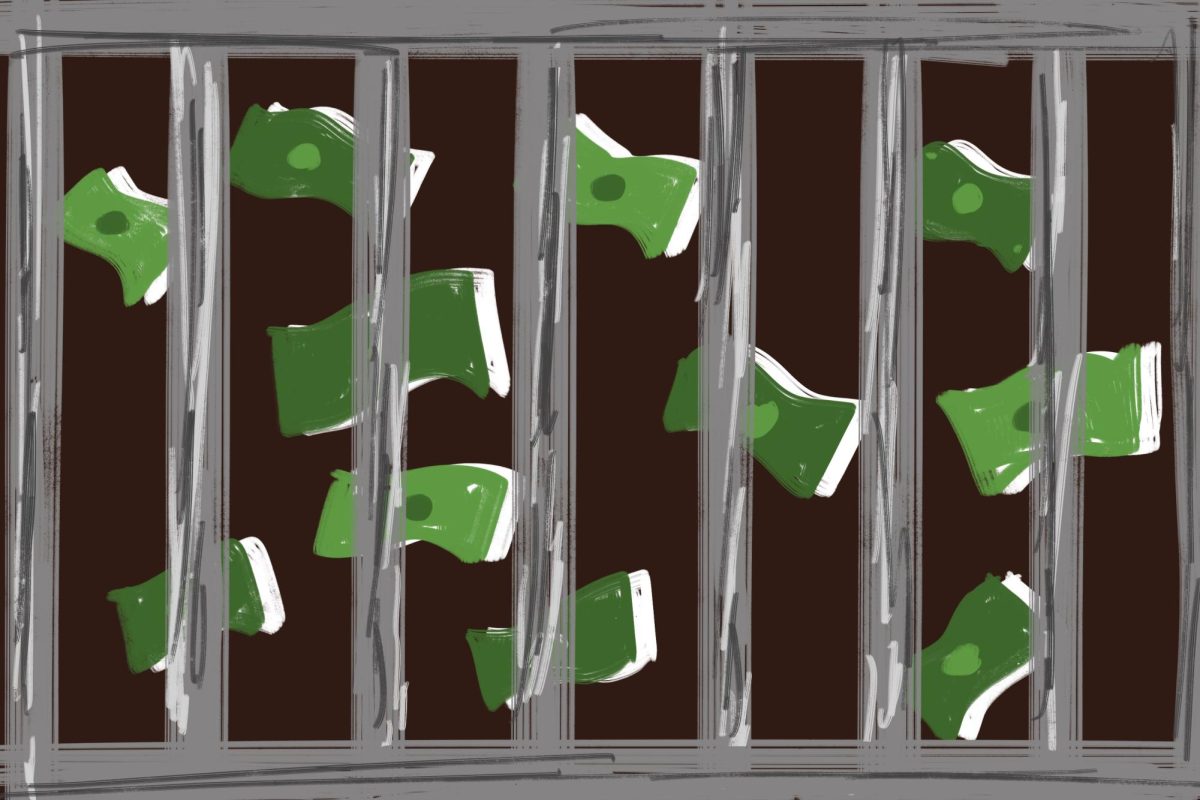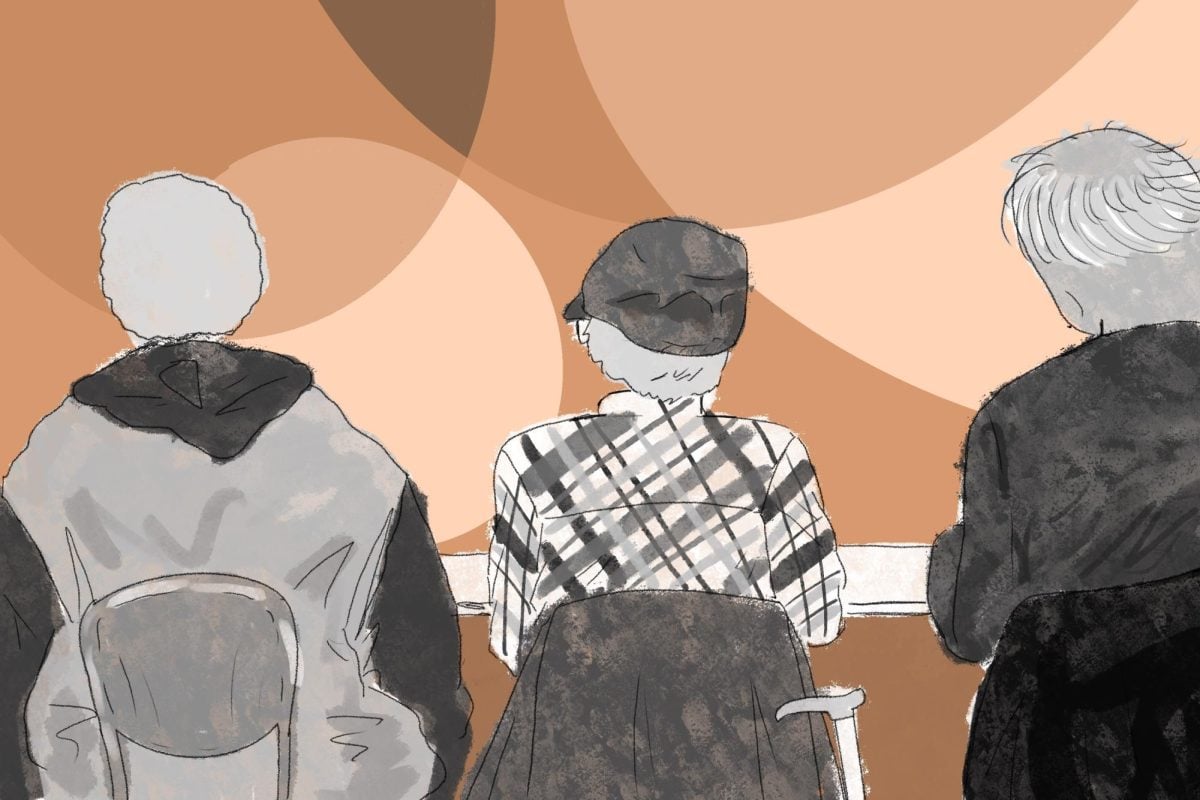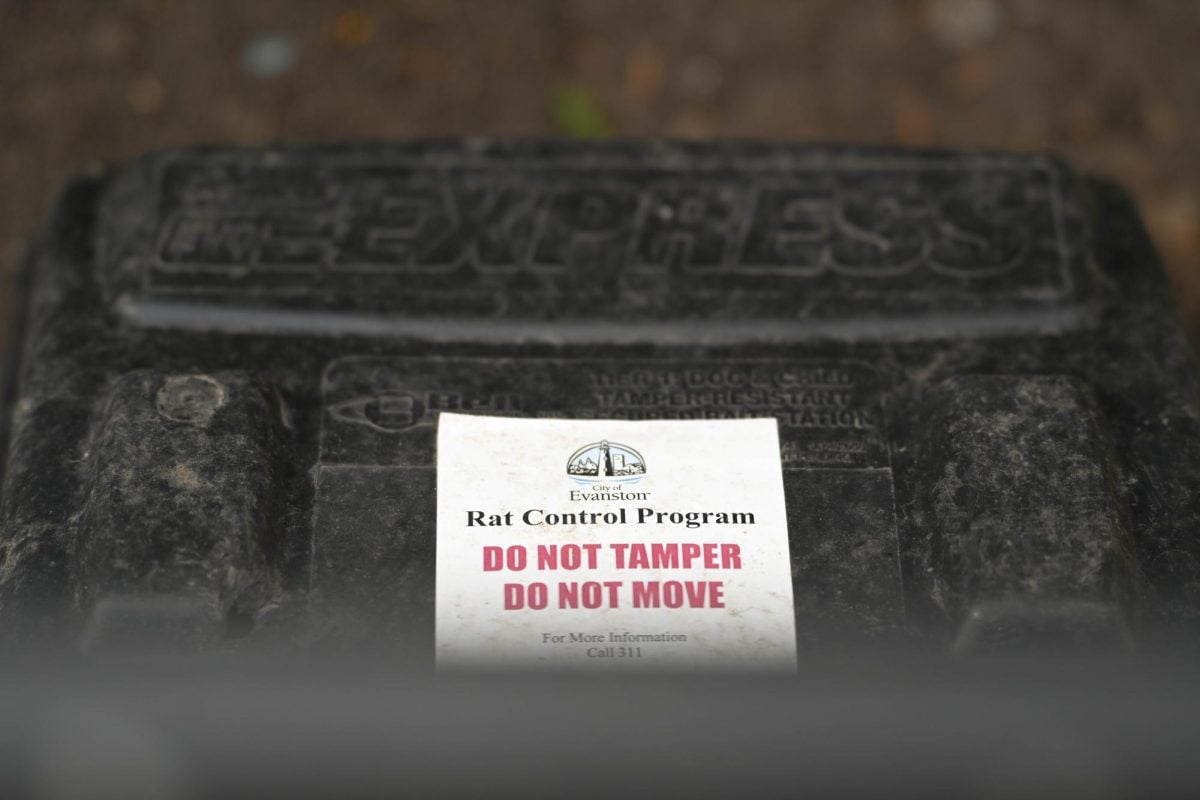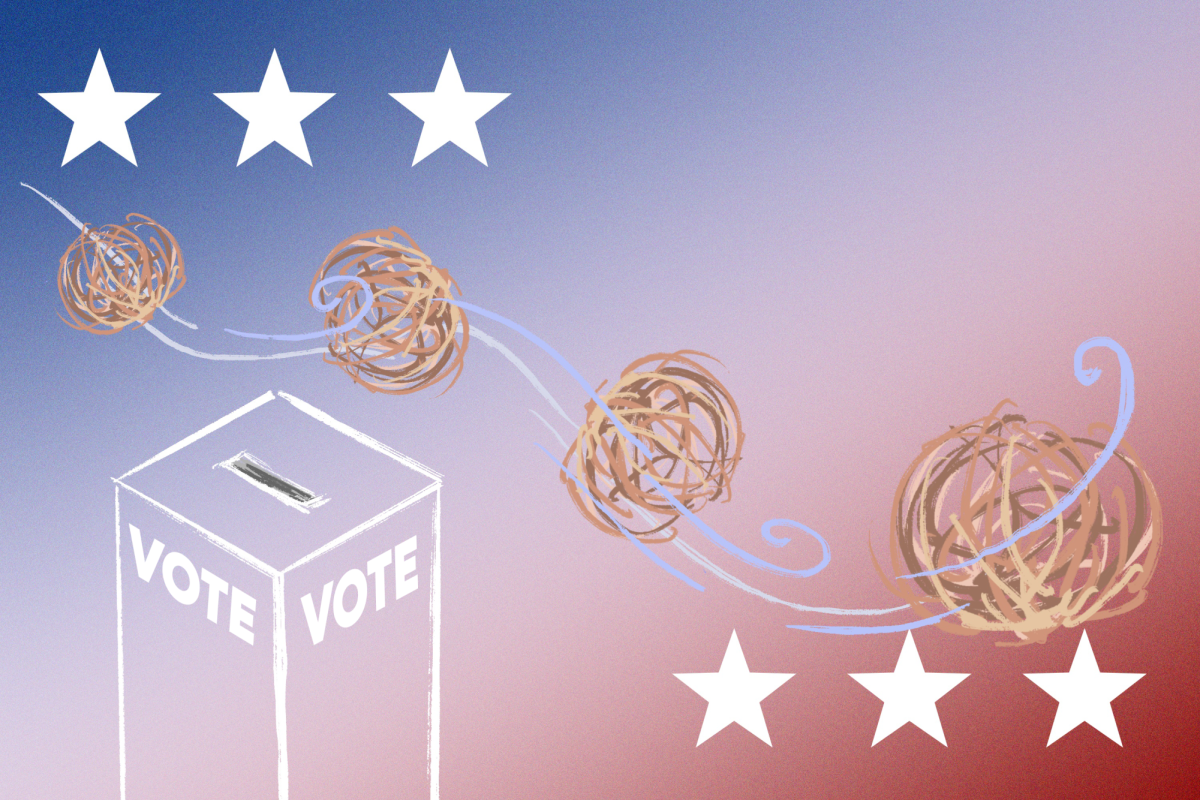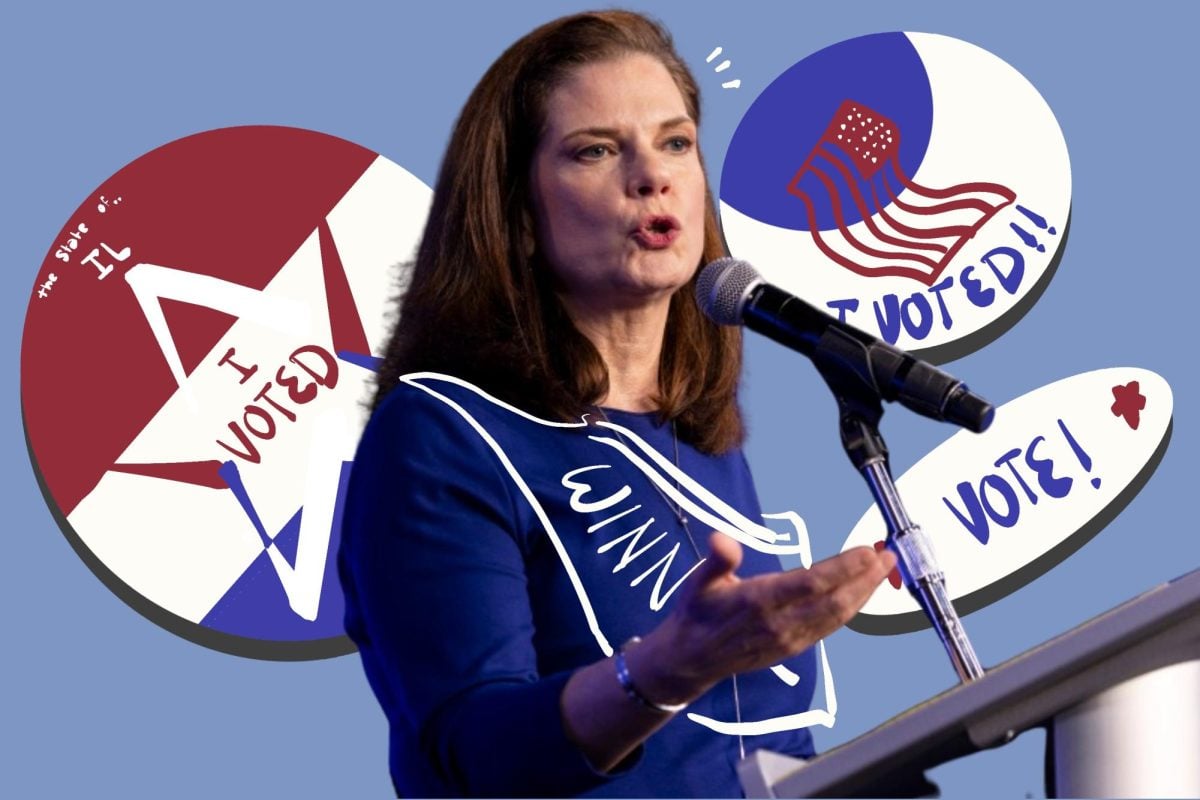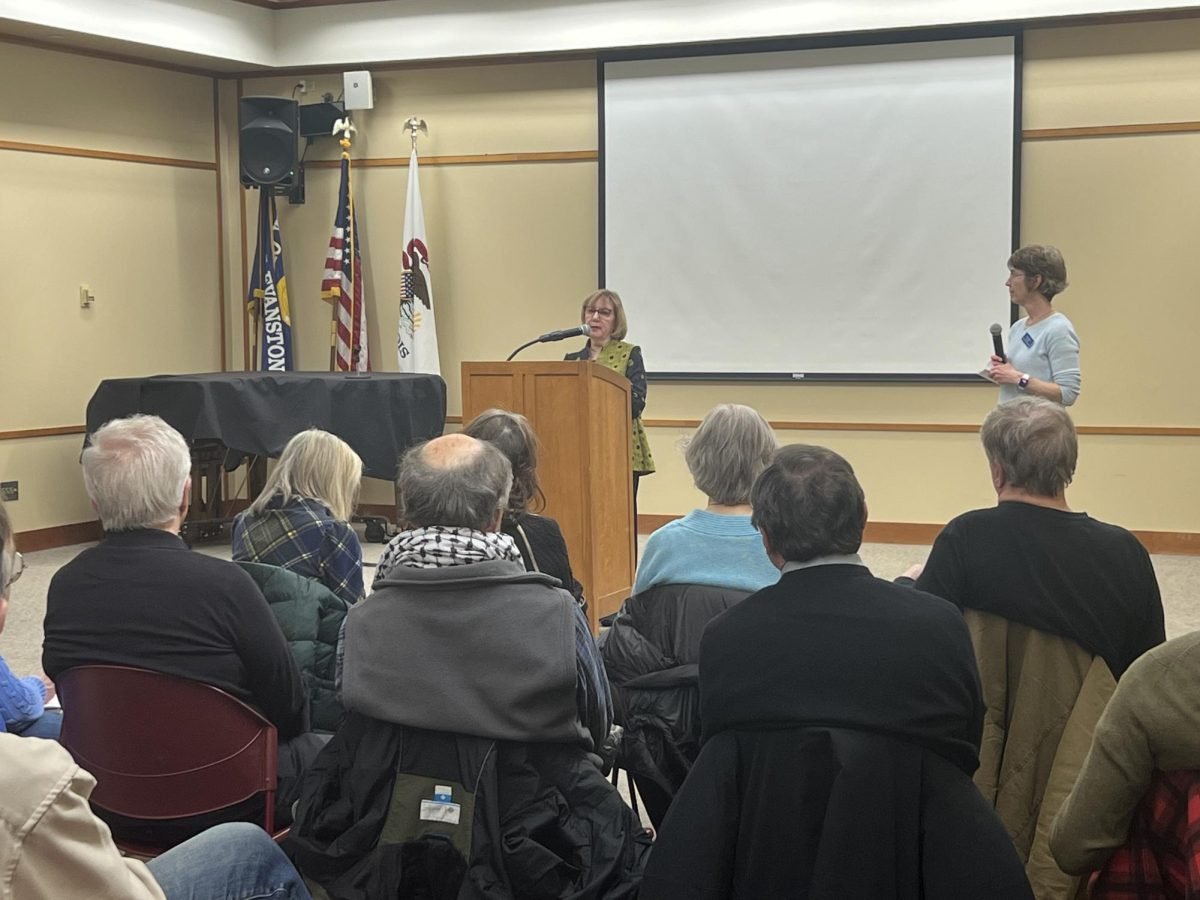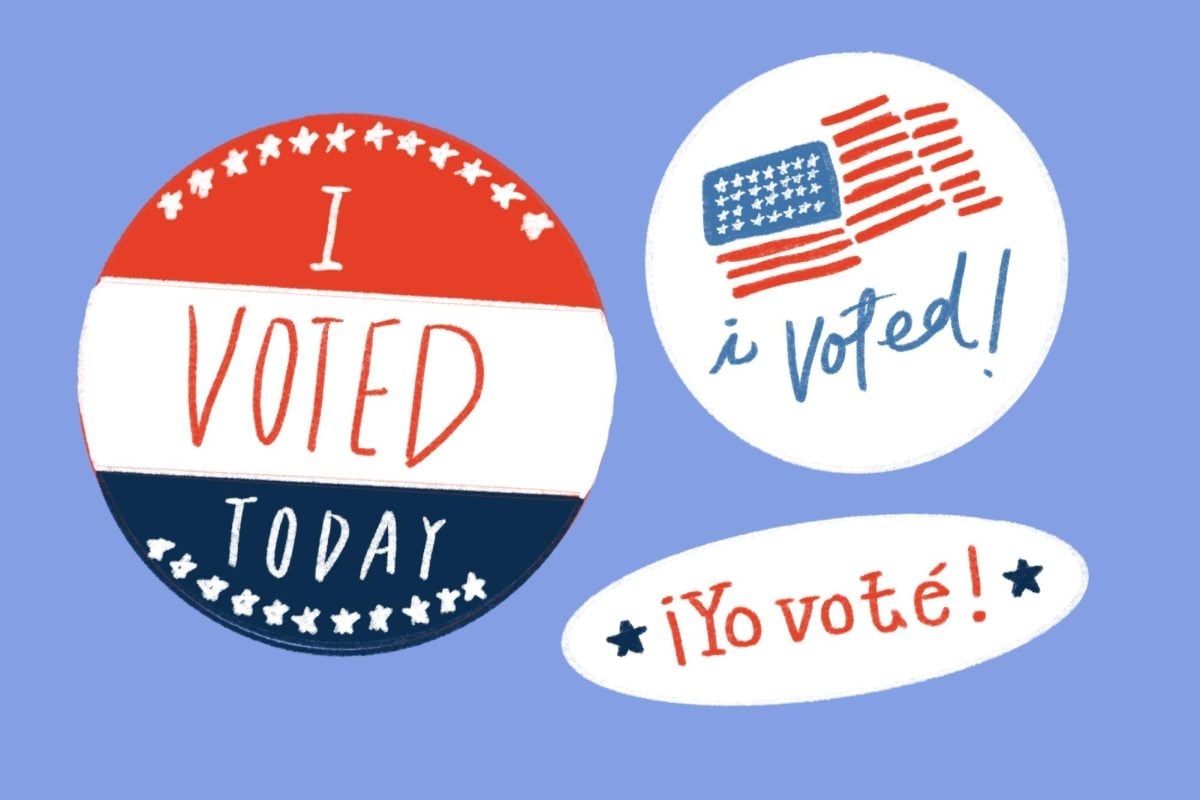Illinois officially became the first state to eliminate cash bail on Sept. 18. The Pretrial Fairness Act holds that individuals arrested for crimes across Illinois no longer have to pay cash to be released from jail while awaiting trial.
The highly anticipated bill comes after numerous delays and legal setbacks. The act was originally slated to take effect Jan. 1, but a Kankakee County court ruled it unconstitutional.
“Today, we make history,” said State Sen. Robert Peters (D-Chicago) in a news release. “I’m happy to say that thanks to the efforts of tens of thousands of people across the state, the money bond system is ending.”
Why is the practice of cash bail ending?
For years, advocates argued cash bail posed a significant racial and economic barrier within the legal system.
A 2022 federal civil rights report revealed courts often levy greater pretrial detention penalties on individuals from Black and Latine communities. One study found that Black men faced bail amounts 35% higher than white men, while Latino men encountered bail amounts 19% higher than white defendants.
Matthew McLoughlin, campaign strategist for the Illinois Network for Pretrial Justice, campaigned for the new legislation over the past seven years. He says while many people have long understood the problems with “wealth-based jailing,” Kalief Browder’s death in 2015 brought the issue into the limelight.
Browder was a young Black man from New York who spent years in Rikers Island jail without trial for allegedly stealing a backpack containing valuables. Two years after his release, the trauma he experienced behind bars led Browder to take his own life, igniting a national outcry for criminal justice system reform, McLoughlin said.
“The money bond system was one of the most egregious injustices in the U.S. criminal legal system,” McLoughlin said. “We’re all taught in grade school that everybody is supposed to be presumed innocent while awaiting trial, but the sad reality is that for decades, the only people who were able to benefit from that fundamental right were people who are wealthy enough to afford it.”
What is changing?
Before Sept. 18, those arrested for a crime could be released from jail to await their trial if they paid bail, an amount of money set by judges. The bail was to be paid only in cash and served as a means of ensuring the defendant would continue to appear for court hearings and, if the case progressed to it, the trial.
Now, if a judge decides the defendant does not present a risk to public safety or a likelihood of evading legal authorities, they will be released from jail without having to post bond.
Tom Verdun, director of legal services at the James B. Moran Center for Youth Advocacy, represents adult clients in criminal court cases. In his experience, Verdun said that since bond had to be paid in cash, it disproportionately affected poor people.
Verdun said eliminating cash bail is “a victory” for many reasons.
“We are showing as a state we are standing for fairness in our criminal justice system,” Verdun said. “It also is a victory because we are leading by example for other states to follow, and … it makes the criminal court system a fairer place for everyone.”
Betty Ester, president and co-founder of Evanston-based organization Citizens’ Network of Protection, said this change will also have positive ramifications for young adults, especially those of color, as many often don’t have the means to pay cash bail.
However, Ester emphasized it’s important to remember that this is just a small step towards racial equity in the justice system.
“Until the whole criminal justice system is changed, then we won’t have equality,” Ester said. “And there is lots of work to be done.”
Email: [email protected]
Twitter: @ellajeffriess
Related Stories:
— Pretrial Fairness Act seeks to end cash bail, promote racial and criminal justice
— Pretrial Fairness Act would make Illinois first state to abolish cash bail

